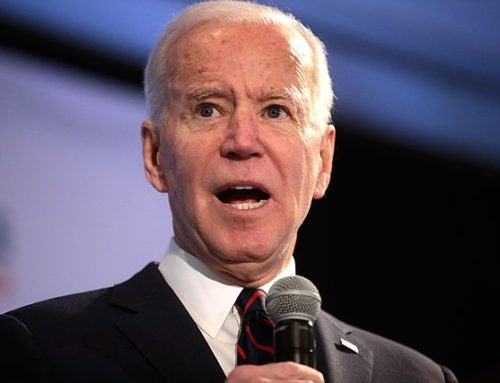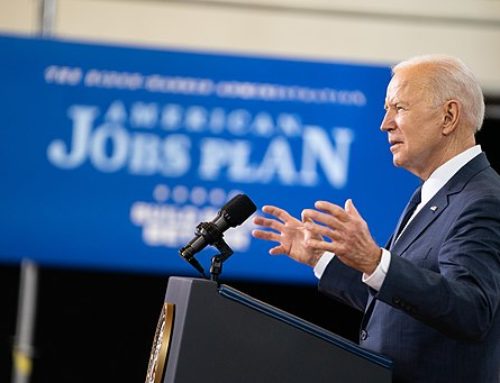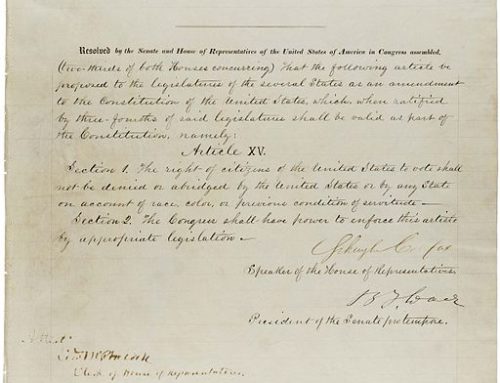The stunning defeat in the House of Representatives of the Emergency Economic Stabilization Act of 2008 reflects deep-seated dislike for Wall Street that has roots back to the founding of our country. Most Americans resent rewarding greed; that is, the problems of the financial industry stem from reckless leveraging of capital on toxic investments.
The most strident opposition came from Republican lawmakers. By more than a 10-1 ratio, their constituents opposed the bailout.
This discord should be understood as a reflection of age-old antagonism toward Eastern monetary interests. The divide has been hardened further by the demise of Republican Party in the Northeast and its rise in the Sun Belt and Mountain states.
Charles Beard, a pre-eminent American economic historian, argued in his landmark book, “An Economic Interpretation of the Constitution of The United States,” that our Founding Fathers shaped our Constitution to reflect their land-holding, monetary interests. Money rather than ideology was their motivation.
The compromise between Alexander Hamilton and Thomas Jefferson supports Beard’s economic thesis. Hamilton, our first secretary of the Treasury and an ardent Federalist, persuaded Jefferson to get wealthy agricultural states such as Virginia to pay off our federal debt of some $54 million in return for moving our capital to a portion of Virginia and Maryland, what became the District of Columbia.
The compromise put America on a firm economic footing and strengthened the national government, which pleased Hamilton. Within a few years, Jefferson realized that his decision inadvertently helped the industrialist, mercantile Northeast at the expense of his rural supporters.
In 1833, Andrew Jackson took actions to forcibly curb the power of the Second National Bank, which had opposed the development of the West and had supported the financial interests of the Northeast. Jackson took federal money out of the Second National Bank and deposited into state institutions derided as “pet banks.”
Jackson’s move led to several important developments:
* The formation of the Whig Party, which opposed Jackson’s economic policies and which captured the presidency in 1840.
* The Economic Panic of 1836, when many of these “pet banks” failed because of their speculative lending policies.
* Following another panic in 1873, frustrated farmers began to agitate politically. Ultimately, an alliance of farmers and members of fledgling unions united to form the Populist Party.
In 1896, William Jennings Bryan became the candidate for president, representing both the Populist and Democratic parties. Bryan ranted against Eastern bankers. He felt that America remaining on the gold standard helped creditors at the expense of borrowers because it led to massive deflation, which lasted from 1873 to 1914. Deflation hurt farmers who needed to borrow to buy feed and equipment because their crops fetched lower prices. Conversely, deflation enriched creditors.
In one of the great political speeches of American history, dubbed the “Cross of Gold,” Bryan thundered:
“You come to us and tell us that the great cities are in favor of the gold standard. I tell you that the great cities rest upon these broad and fertile prairies. Burn down your cities and leave our farms, and your cities will spring up again as if by magic. But destroy our farms and the grass will grow in the streets of every city in the country. … You shall not press down upon the brow of labor this crown of thorns; you shall not crucify mankind upon a cross of gold.”
In 1936, the Nye Committee reported that an axis of Big Business and East Coast financiers pushed America into World War I.
In Franklin Roosevelt’s first inaugural speech in 1933, he spoke out against Wall Street. The nation was gripped by panic over the widespread failure of thousands of banks that left a permanent scar on the American psyche.
Roosevelt said, “The money changers have fled from their high seats in the temple of our civilization.”
Clones of the the coldhearted Mr. Potter of “It’s a Wonderful Life” fame ran commercial banks for the next 30 years.
On Monday, Main Street voted against Treasury Secretary Henry Paulson’s “poison pill,” and their representatives revolted against a Republican president. They chose not to rescue financially firms that until a year ago racked up outsized profits and paid out incomprehensible bonuses and golden parachutes.
Originally published in the Sarasota Herald-Tribune



